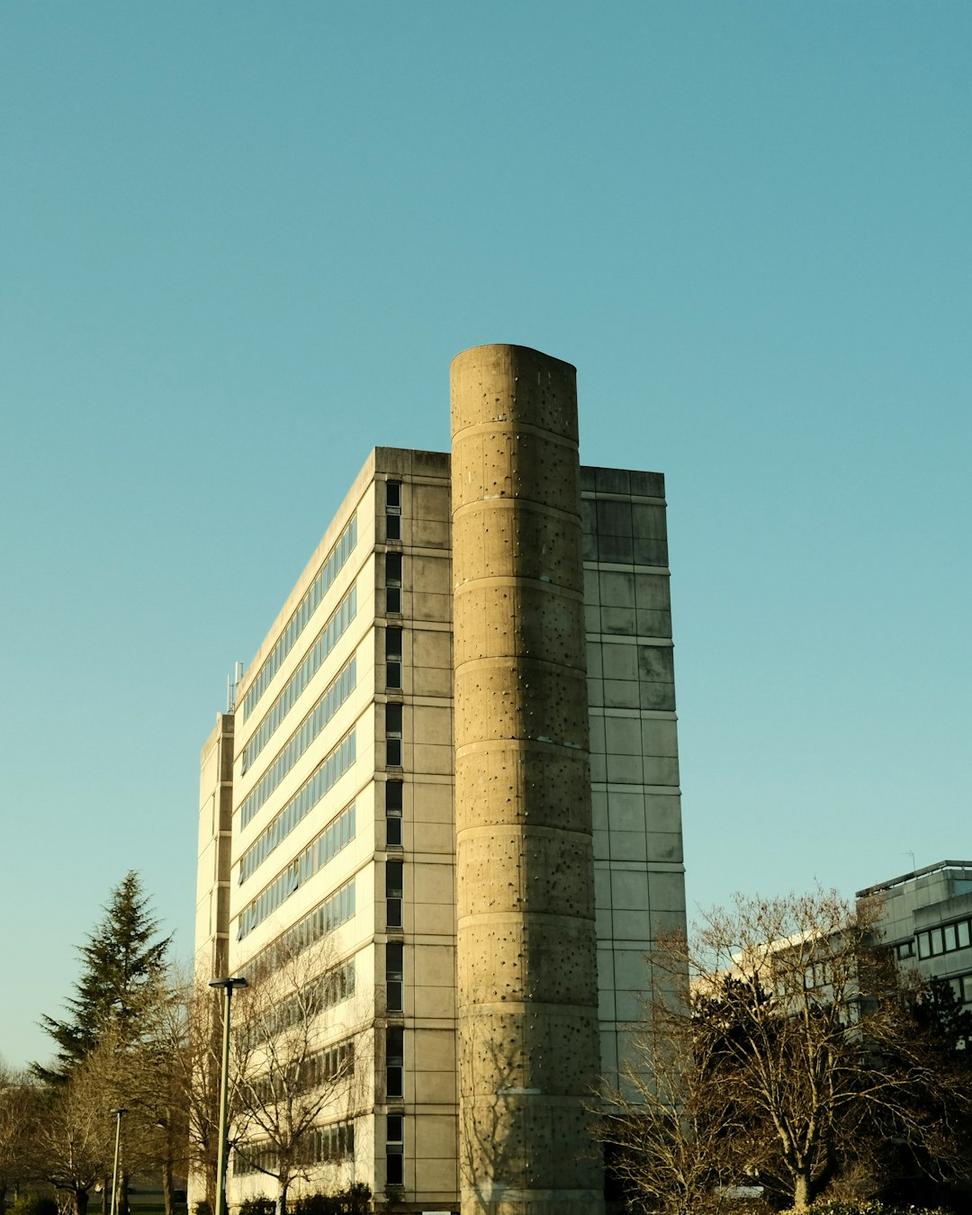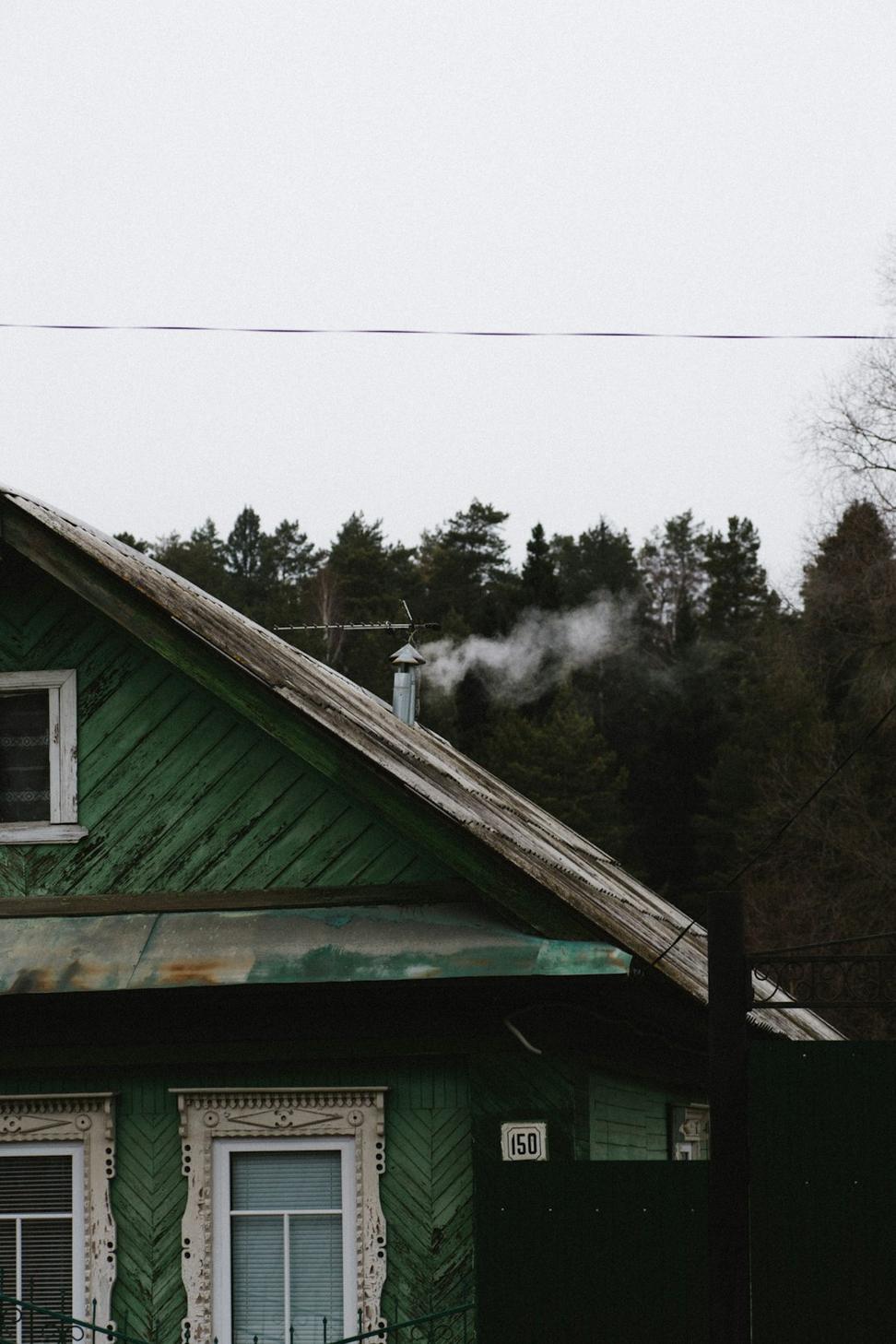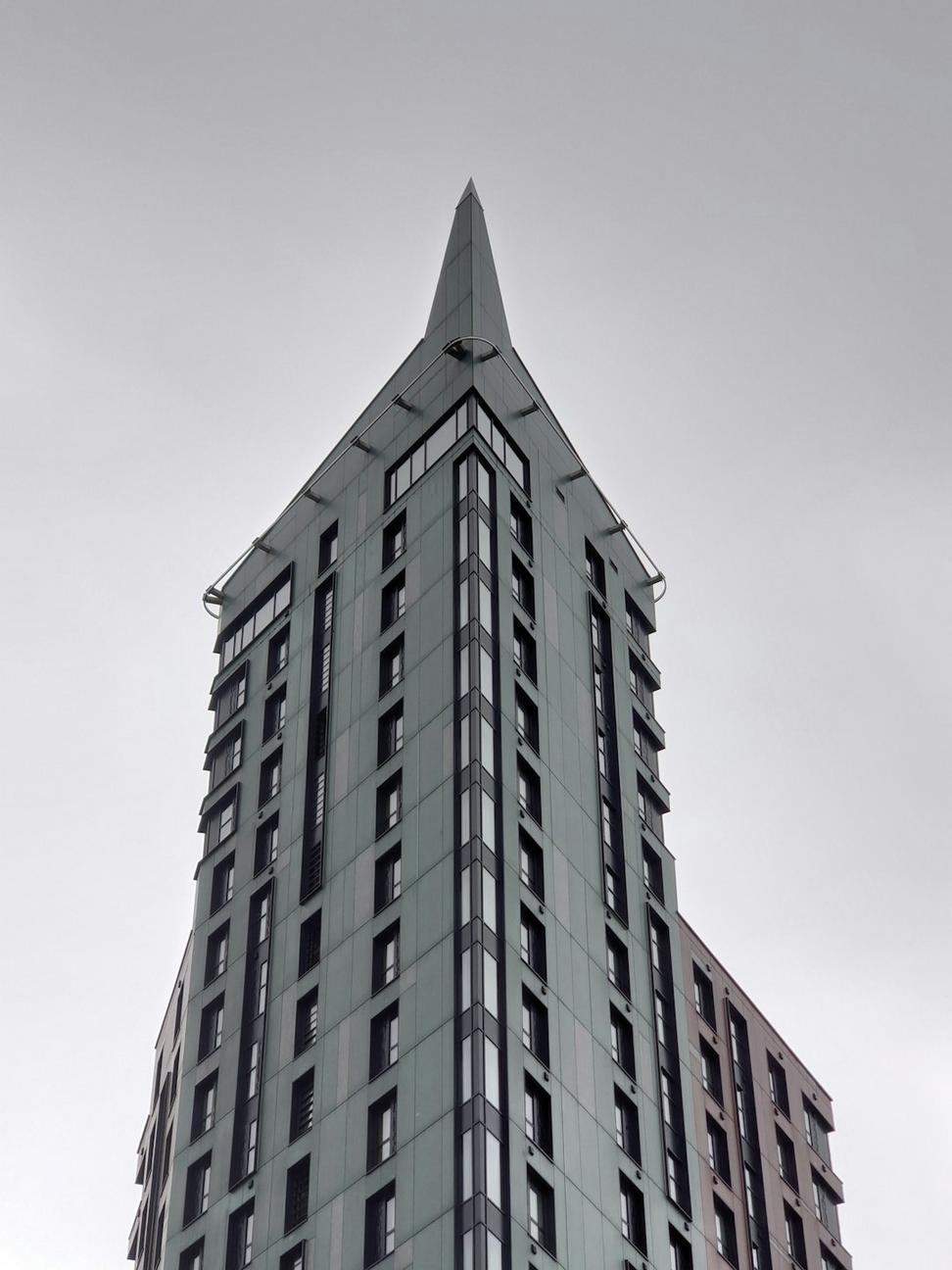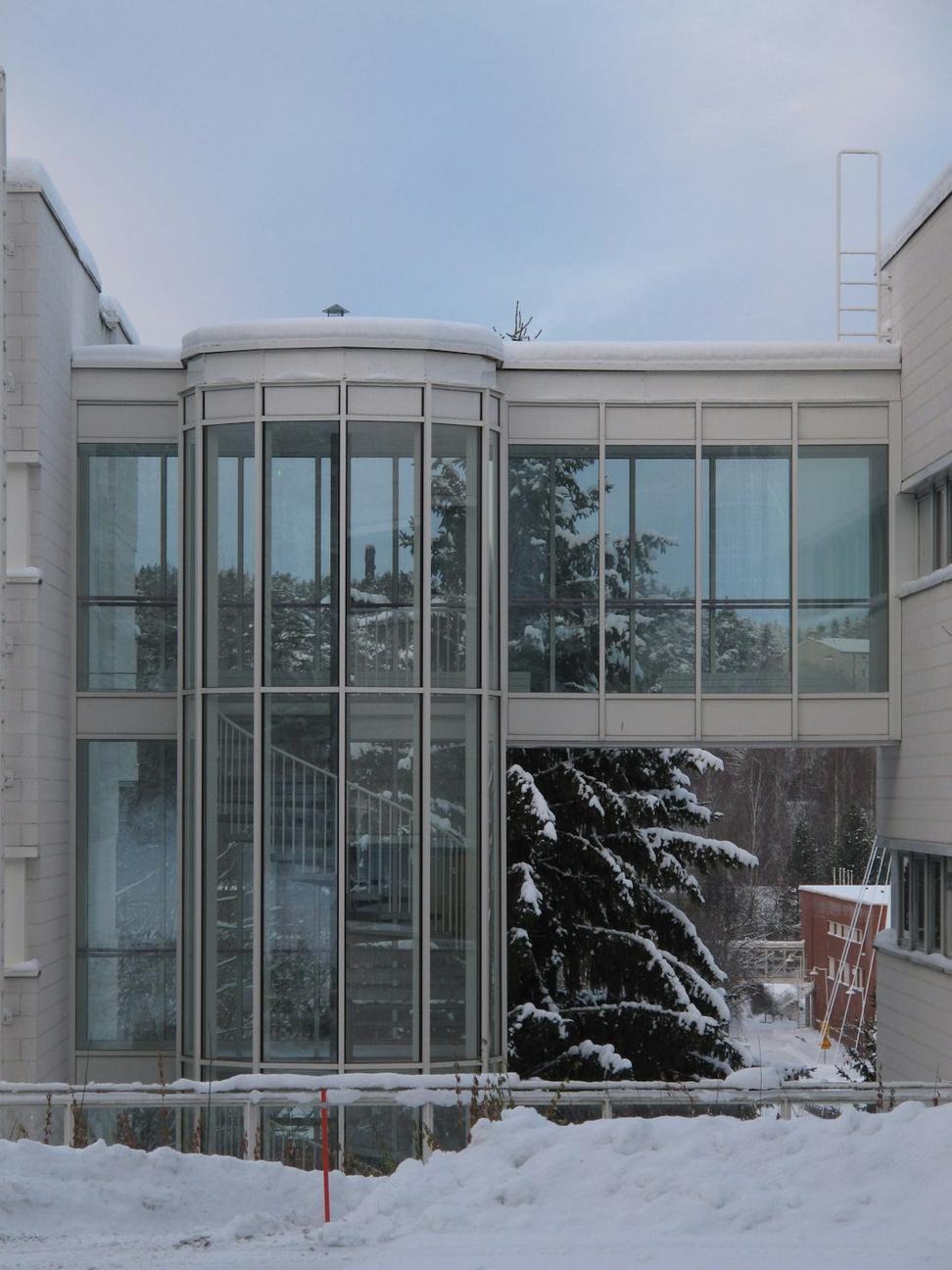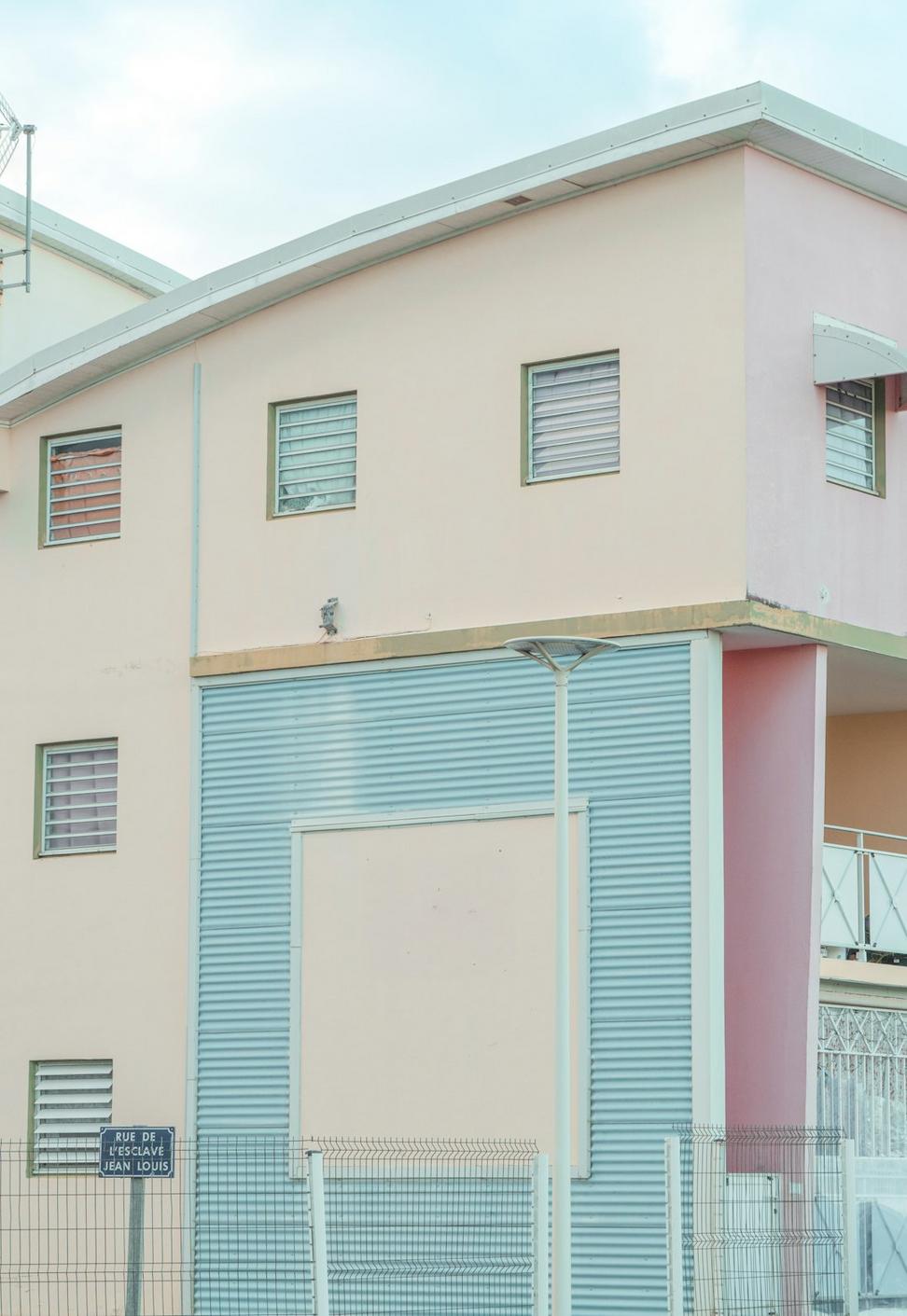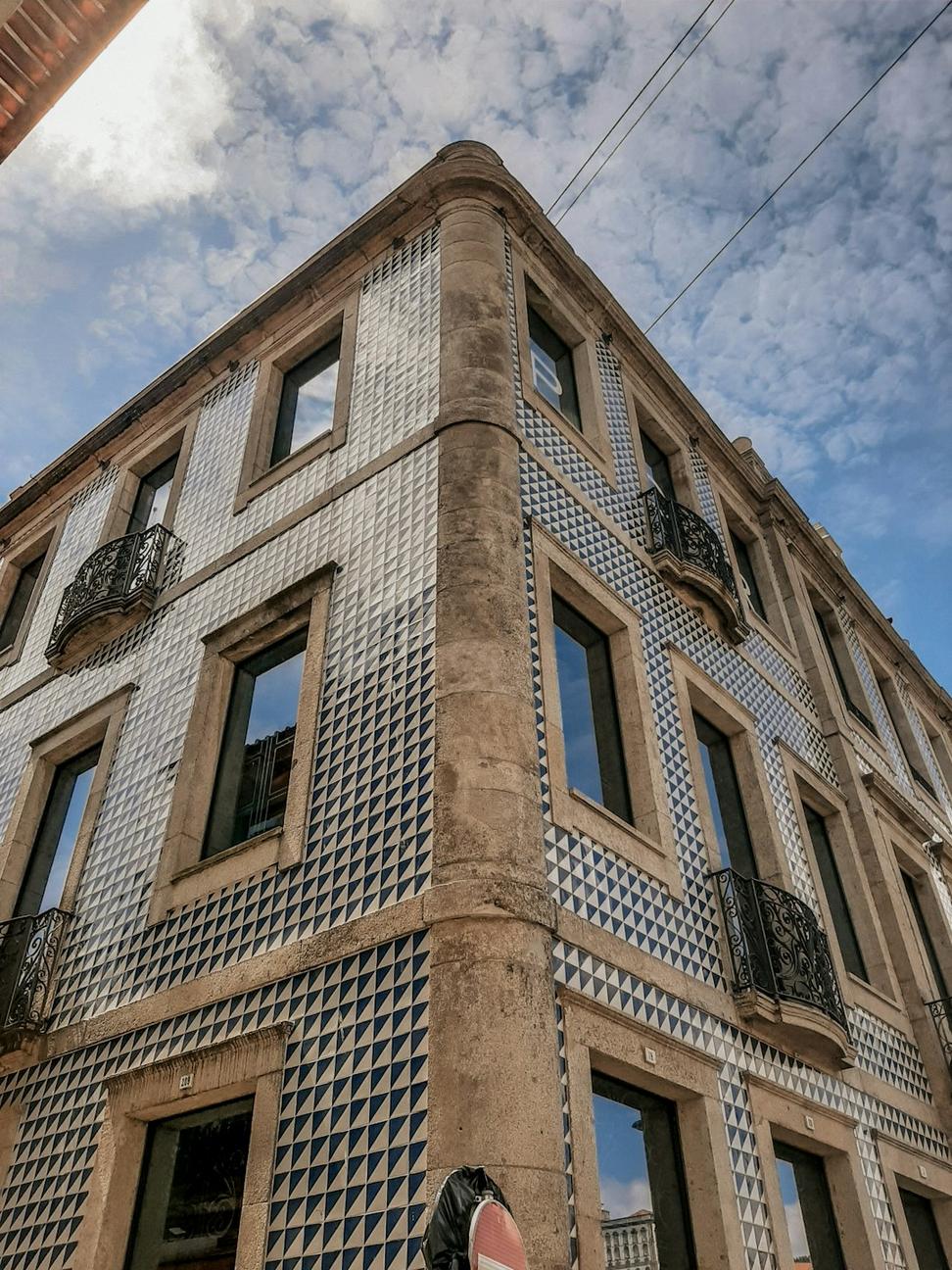Why Sustainability Matters Up Here
When you're building in cold climates, every design choice hits harder. A poorly insulated wall doesn't just cost money—it's burning energy all winter long. We've seen projects where simple tweaks cut heating costs by 40%. That's real money staying in people's pockets and real carbon staying out of the air.
Our 2024 Impact
38% average energy reduction across projects
2,840 tonnes CO2 avoided annually
19 projects LEED certified this year
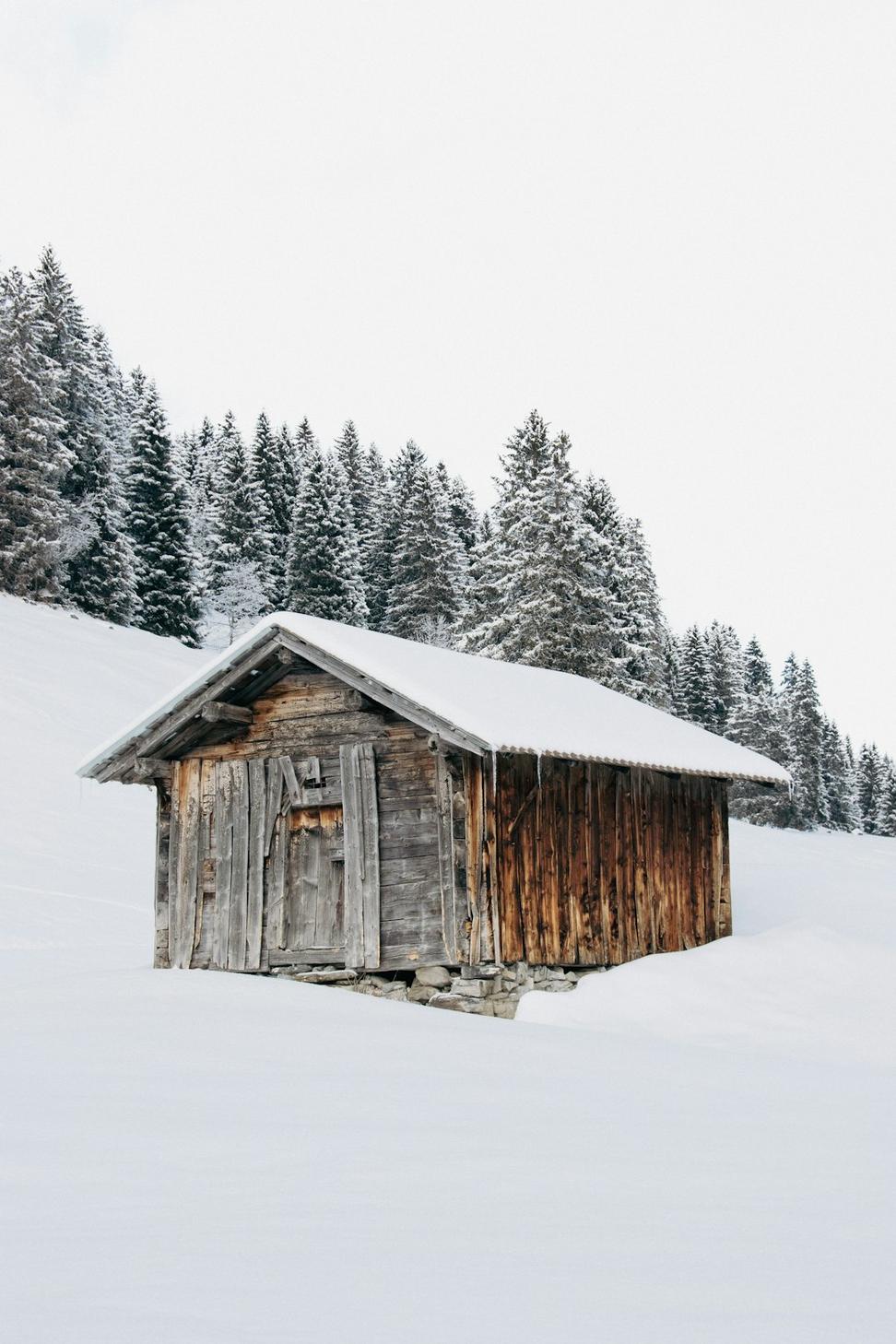
Passive House Standards
We've completed 7 certified Passive House projects in northern Ontario. These buildings use 90% less heating energy than code minimum. No magic—just airtight construction, proper ventilation, and windows that actually work in winter.
LEED Gold & Platinum
Between 2020 and 2024, we've helped 43 projects achieve LEED certification. The process isn't always easy, but watching a building perform better than projected? That never gets old.
